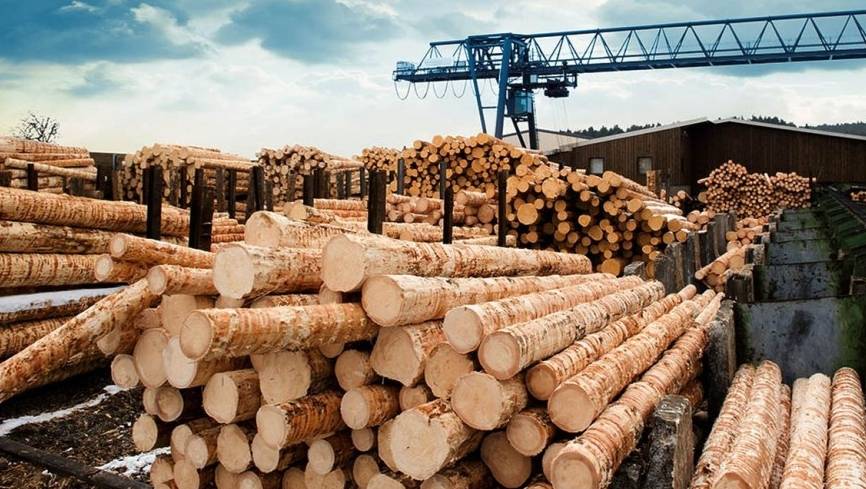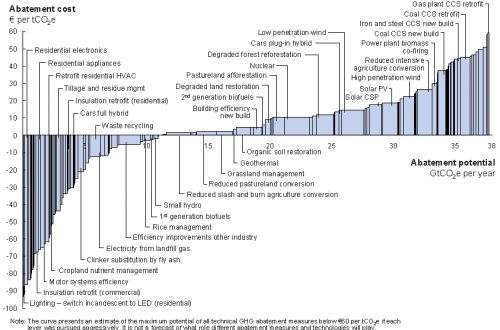
Imported deforestation: a welcomed agreement, and challenges ahead
The European Union has finally agreed on the draft regulation aimed at combating imported deforestation. The final text is hailed as “historic” by many observers, but several challenges remain unresolved.
Deforestation has started to rise again in recent years, particularly in the Brazilian Amazon. To no longer participate in this disaster, the European Union has been working for more than a year on a draft regulation aimed at banning the import of products resulting from deforestation on its soil. After tough negotiations and compromises, a trilogue between the Parliament, the Commission and the Council was held on 5 and 6 December 2022. It resulted in an agreement, making Europe the first economy in the world to equip itself regulations against imported deforestation.
The Parliament and the Council will have to formally approve the agreement in the coming weeks. It will then enter into force 20 days later. From then on, companies will have 18 months to deploy a traceability system guaranteeing, for regulated products, that they do not come from territories that have been deforested after the end of 2020. And this, anywhere in the world.
The WWF welcomes a “historic agreement”. The NGOs Greenpeace and Canopée – Living Forests, however, temper this enthusiasm. Greenpeace mentions “ambitious but imperfect regulation”. Canopée – Living Forests denounces the restricted field of application of the text. In particular, the association regrets that it only takes into account forests and excludes at this stage other wooded land.
Many products affected
As the negotiations progressed, the number of agricultural products and derivatives falling within the scope of the regulation was extended. The latter will eventually impose obligations on companies that import or export livestock, timber, soybeans, palm oil, cocoa, coffee and rubber. It will also concern certain by-products such as beef, leather, chocolate, charcoal, printed paper, wool, tires and furniture.
All “operators and traders who are not SMEs” will have to set up a vigilance system to exclude products resulting from deforestation from their supply chain, provides for the regulation. They will thus have to publish a declaration of “due diligence”. This will be based on a three-step process to analyze and correct the risks of illegality that may occur throughout a supply chain of covered products.

Authentic satellite images and controls
In particular, operators will have to record the GPS coordinates of the plots of land from which the products concerned come. Therefore, they will have to prove that no forest has been recently deforested there, under penalty of a fine. “Recently” means since December 31, 2020, according to the regulations. The comparison of satellite images at time T with those dating from this reference will make it possible to organize checks.
The regulation provides for three classes of countries: high, standard or low risk countries. This list of countries is currently being defined. The agreement provides in particular for the organization of controls on 9% of transactions to Europe for the countries most at risk, and 3% for standard risk. For the countries considered to be the most reliable, checks will only concern 1% of transactions. Offenders face a fine of up to 4% of their turnover in Europe.
Lack of woodlands and indigenous peoples
Beyond forests alone, the Parliament proposed to include “other wooded land” in the scope of the regulation. In the end, the negotiators decided not to include them at this stage. They nevertheless provide for the Commission to carry out an impact study on the possibility of including other ecosystems – such as savannahs, peat bogs and wetlands –, as well as a review clause within one year from its entry into force.
Two years later after its entry into force, it will also be time to study the potential inclusion of other products such as corn and agrofuels. The Commission will further assess the possibility of extending due diligence to financial institutions and their financial services.
Finally, the NGOs regret that the text has shortcomings concerning the protection of indigenous peoples. Indeed, it limits respect for human rights to national laws. Thus, if a country discriminates against certain populations, their rights will not be taken into account any more under this new regulation. For the moment, no revision is planned on this point.




